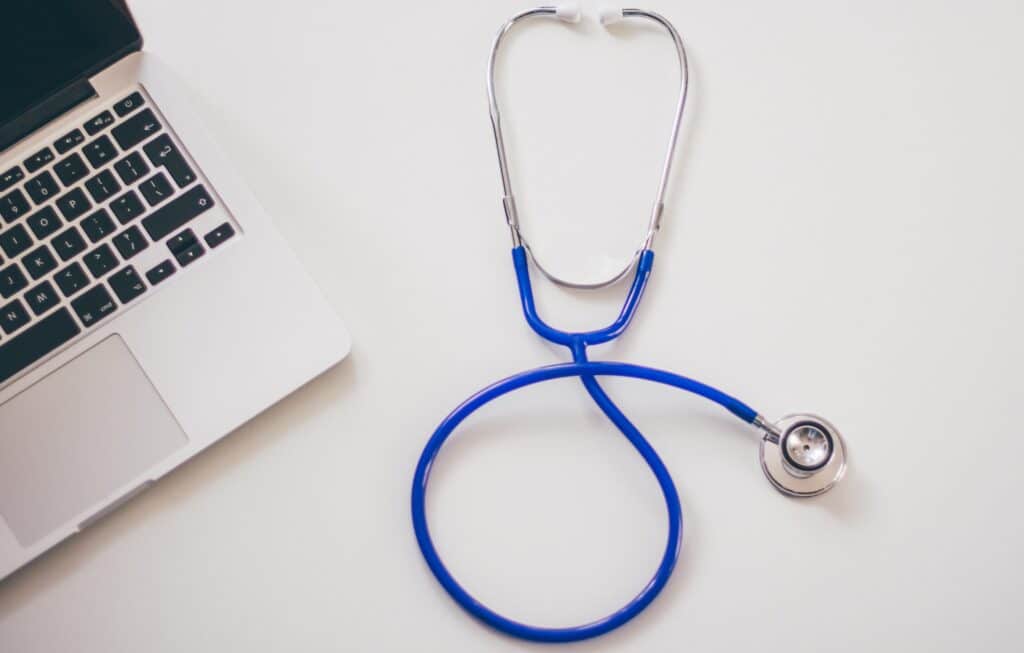 According to the Bone and Joint Initiative USA, nearly 1 in 2 Americans over the age of 18—or 124 million people—have a musculoskeletal disorder. And, according to OSHA, work-related musculoskeletal disorders are among the most common disability claims.
According to the Bone and Joint Initiative USA, nearly 1 in 2 Americans over the age of 18—or 124 million people—have a musculoskeletal disorder. And, according to OSHA, work-related musculoskeletal disorders are among the most common disability claims.
What are musculoskeletal disorders?
Musculoskeletal disorders (MSDs) refer to a variety of conditions that affect your joints, bones and muscles. According to the World Health Organization, there are more than 150 conditions that are considered MSDs, the most common being osteoarthritis, back and neck pain, fractures and systemic inflammatory conditions (e.g., rheumatoid arthritis).
Some MSDs, like sprains, strains and fractures, are short- term conditions. Others, like arthritis, widespread pain disorders and inflammatory diseases, are long-term or lifelong conditions.
How prevalent are MSDs?
The prevalence of MSDs varies depending on the condition. For example, some conditions, like sprains, strains and fractures, are extremely common. Other conditions are much rarer.
What are the symptoms of MSDs?
Each MSD will present itself differently. In some cases, symptoms are mild and manageable. In other cases, symptoms interfere with daily tasks, such as walking or writing.
Common symptoms of MSDs can include:
• Recurring pain
• Stiff or weak joints
• Noises in joints
• Swelling
• Dull aches
• Decreased range of motion
• Muscle weakness or atrophy
• Redness
These symptoms can occur in any part of your musculoskeletal system, including your neck, back, hips, legs and arms.
What are the risks for developing MSDs?
The risks for developing certain MSDs are affected by the following:
• Age—As you get older, your risk for MSDs increases.
• Occupation—Depending on your job, your risk may increase. For example, engaging in repetitive motions or sitting in the same position all day will increase your risk for developing an MSD.
• Activity level and lifestyle—Repetitive movements and overexertion can increase your risk for developing an MSD.
• Family history—Certain MSDs can run in the family.
Be sure to talk to your doctor about your risk for certain MSDs if you’re concerned.
How can MSDs be treated?
Treatment for an MSD will vary based on the condition itself, but may involve physical therapy, rest, medication or surgery.
Where can I learn more?
For more information about MSDs, please contact your doctor.
This article is for informational purposes only and is not intended as medical advice. For further information, please consult a medical professional. © 2020 Zywave, Inc. All rights reserved.

